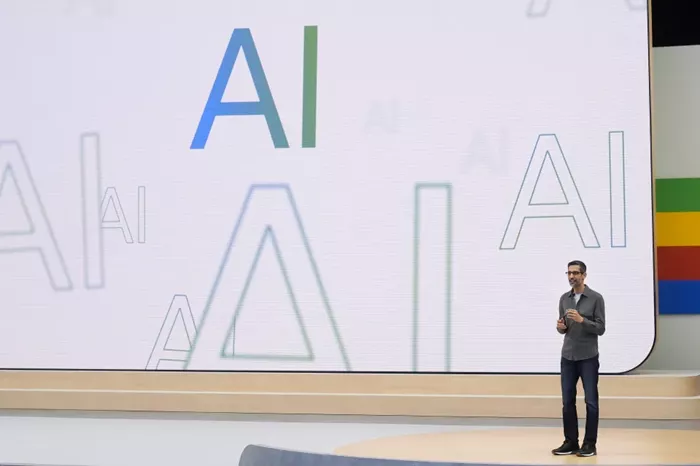As Donald Trump prepares to take office for a second term in January, the technology sector is bracing for significant changes that could reshape its landscape. With his administration poised to address critical issues such as artificial intelligence (AI) regulation, antitrust policies, and the future of the CHIPS Act, the implications for Big Tech are profound and far-reaching.
Historically, Trump’s relationship with the tech industry has been tumultuous. He has publicly clashed with major players, including Amazon founder Jeff Bezos and Meta CEO Mark Zuckerberg, often expressing frustration over perceived biases and unfavorable media coverage. However, Trump also enjoys strong support from influential tech figures such as Elon Musk of Tesla and Palmer Luckey of Anduril Industries, both of whom have backed his pro-business agenda.
With a Republican majority anticipated in both the Senate and House of Representatives, Trump will wield considerable power to enact his policies. This shift could signal a departure from the stringent regulatory environment established under the Biden administration. For instance, Trump has indicated a preference for reforming rather than dismantling major tech companies like Google, suggesting a more lenient approach to antitrust regulation.
Under Biden, the Federal Trade Commission (FTC) aggressively pursued antitrust actions against tech giants like Google and Amazon, aiming to curb their market dominance. However, experts predict that Trump’s administration may adopt a less confrontational stance. In a recent interview, Trump expressed his intention to modify Google’s operations to foster fairness rather than pursue a breakup of the company.
Sarah Kreps, director of Cornell University’s Tech Policy Institute, notes that Trump’s support from tech executives reflects a belief that he is less likely to disrupt Big Tech’s operations through aggressive antitrust measures. This potential shift could provide much-needed stability for companies navigating ongoing legal challenges.
The rise of generative AI presents both opportunities and challenges for the tech industry. As AI technology continues to evolve, many companies are advocating for clear regulatory frameworks that ensure ethical development while fostering innovation. However, Trump’s deregulatory tendencies may lead to the dismantling of existing guidelines established by the Biden administration.
Ari Lightman, a professor at Carnegie Mellon University, warns that a lack of regulation could have significant societal implications. “When guardrails are removed from AI development, we risk exacerbating existing issues and creating new ones,” Lightman cautioned.
Elon Musk’s involvement in AI through his company xAI positions him as a key player in discussions about future regulations. As Trump seeks to align with influential tech leaders like Musk, it remains to be seen how these dynamics will shape AI policy moving forward.
The CHIPS Act, a cornerstone initiative aimed at revitalizing semiconductor manufacturing in the U.S., faces uncertainty under Trump’s leadership. While bipartisan support exists for this legislation designed to bolster domestic chip production, Trump has expressed skepticism about its effectiveness.
Although outright repeal seems unlikely due to its broad support, experts suggest that Trump may push for expedited funding and reduced regulatory hurdles for semiconductor companies. However, his inclination towards imposing tariffs on imported chips could complicate matters further by raising costs for tech companies reliant on overseas production.
David Yoffie, a professor at Harvard Business School, explains that tariffs could significantly impact hardware businesses tied to global supply chains. “Companies importing chips from overseas will face increased costs,” Yoffie noted. “This could lead to higher prices across consumer electronics and enterprise solutions.”
As Trump prepares to assume office once again on January 20, 2025, the tech industry stands at a crossroads. The potential for deregulation in areas such as AI and antitrust policies may create an environment more conducive to growth for some companies while posing challenges for others navigating existing legal frameworks.
Industry leaders are keenly watching how Trump’s administration will influence their operations and strategies in this rapidly evolving landscape. As we await further developments post-inauguration, one thing is clear: Trump’s second term will undoubtedly leave an indelible mark on the future of Big Tech.
For further insights into how these changes may unfold and their implications for investors and stakeholders alike, stay tuned as we continue to monitor this evolving story.
Read more:

